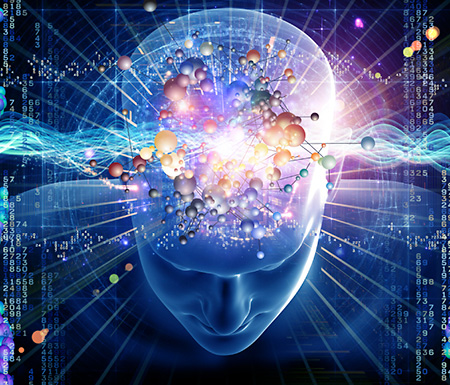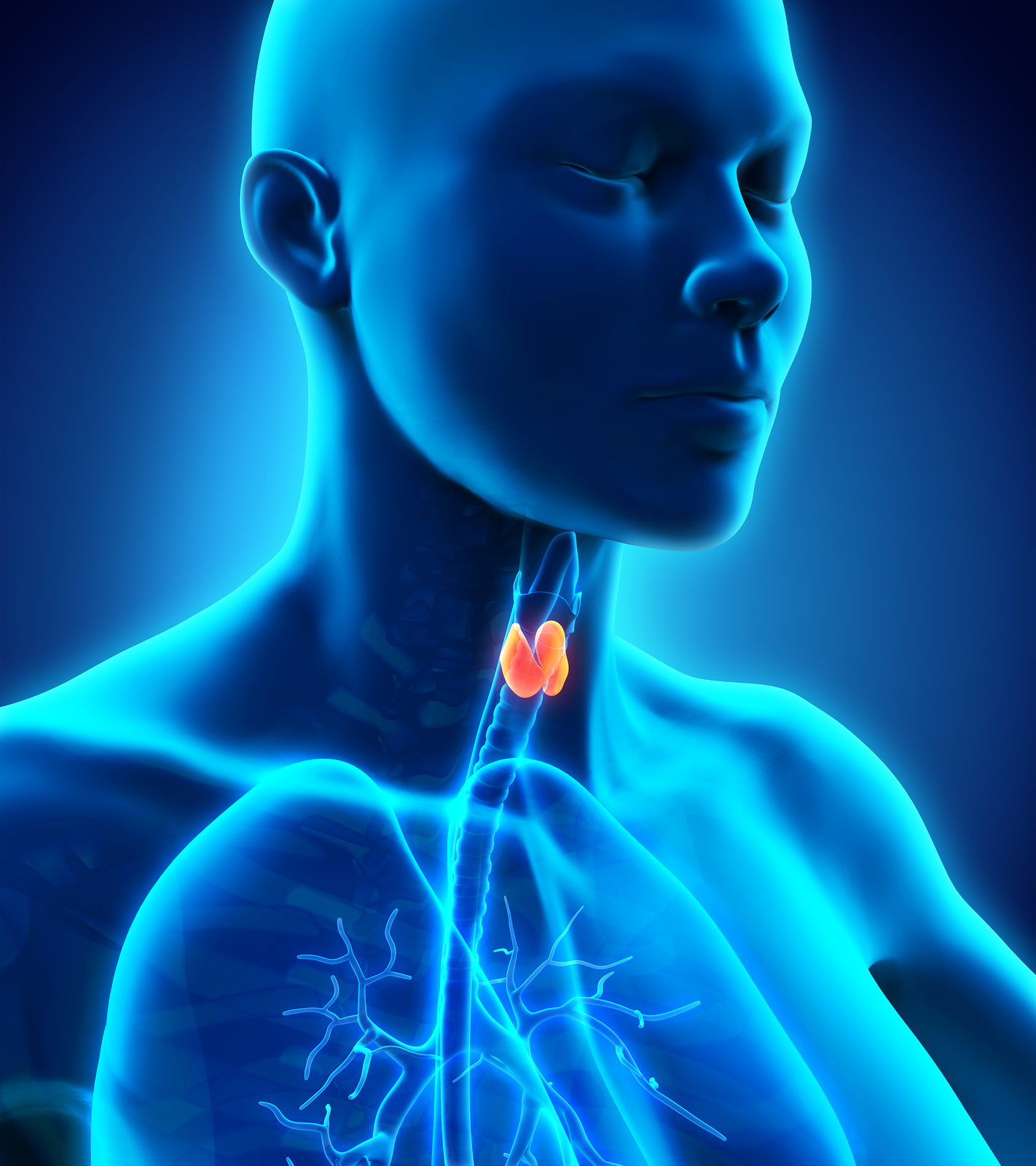If you, or someone dear to you know is struggling with depression or anxiety you need to read to this!
Every thought, dream, emotion or action is the result of an amazing chemical dance.
One of my core beliefs is that we are an intricate combination of Spirit and Chemistry. We have a God-given spirit, our soul. The rest is chemistry. This is simpler than the phrase “mind, body and spirit”, and I believe much more accurate, because our body and mind both work by chemistry.
Your thoughts, your clarity of thinking, your memory and your mood are all dependent on the chemistry in your brain. This is determined largely by which neurotransmitters are the most dominant. Regarding mood there are several key players:
Dopamine is important in memory and in the reward/motivation center. It is also very important for movement coordination.
Serotonin is the “everything is ok” neurotransmitter; it tells the body that there is no need to be alarmed. Go ahead and sleep peacefully, eat with enjoyment, chill, all is well.
GABA (gamma-aminobutyric acid) is a calming neurotransmitter. It is in opposition with glutamate, an excitatory neurotransmitter. The balance balance between these two determines the emotional environment in the brain
Norepinephrine is responsible for the fight-or-flight response. The body is on alert and wired to escape when this neurotransmitter is around.
Altering Brain Chemistry
Medications commonly used in psychiatry attempt to ease symptoms by either suppressing the metabolism of neurotransmitters or by sedating an excited (inflamed) brain. For instance, fluoxetine (aka prozac), a medication used to treat depression, acts to increase brain levels of serotonin by preventing its removal from the synapse, the place where it acts at the receptor site. Xanax and valium are both sedatives—they act to calm the brain by stimulating GABA receptors leading to inhibition of brain activity.
William Walsh PhD, of The Walsh Research Institute, has identified several key imbalances that are seen over and over in people with mental health dysfunction. These are vitamin B-6 deficiency, an imbalance of copper to zinc, an imbalance of methylation, an accumulation of kryptopyrroles and toxin accumulation. (He mentions heavy metal toxicity specifically, but I include environmental pollutants also as they disrupt chemical reactions)
Dr. Walsh has been working with physicians for over 40 years on all things mental health—from children with ADHD and/or autism to the elderly with Alzheimers. In this spectrum is also depression and anxiety. Since I am not a psychiatrist most of the people I meet fall into this category—they are very high functioning but suffer with depression or anxiety.
The science
Vitamin B-6 is a crucial cofactor in the synthesis of almost ALL neurotransmitters. A deficiency of B-6 will wreak havoc on the system by interfering with neurotransmitter synthesis across the board. Interestingly, did you know that oral contraceptives deplete your body of vitamin B-6? I wish I had known that in my years as a gynecologist, but that is a topic for another time…
A copper/zinc imbalance leads to an abundance of the neurotransmitter norepinephrine, at the expense of dopamine. This occurs because copper is a cofactor to the enzyme that converts dopamine to norepinephrine. Since norepinephrine is a fight-or-flight neurotransmitter, this causes anxiety. Common features of this imbalance are postpartum depression and other hormonal mood swings. Low dopamine predisposes food cravings or other addictions, as the dopamine receptors in the brain are screaming for SOMETHING to stimulate them!
As I look back on my 20 years as a gynecologist, I shudder to think of the number of women who have passed through my office with a copper/zinc imbalance with symptoms of mood swings on their cycles for whom I’ve prescribed an antidepressant or placed on birth control pills. The antidepressants may help, but with nasty side effects like weight gain and decreased libido. Knowing what I know now, I think the birth control pills are are really BAD idea for this, as they will deplete vitamin B6 and aggravate a copper/zinc imbalance! What if rebalancing the copper/zinc could help with the depression/anxiety without those side effects? In Dr. Walsh’s experience, 70-80% of people notice significant improvement.
Hold on—Don’t throw out your medications
Let me be clear. I am NOT advocating that people with anxiety or depression stop their medication in order to do things “naturally”. I AM advocating testing for possible chemical imbalances, and if they are found, rebalancing them and seeing what happens. Possibly the medications they take would then work better, maybe one could use a lower dose of medications, or possibly, if they felt significantly better, they could wean down and maybe even get off the medications.
Many of the people I see with these issues are not on medications. They “power through it” but suffer significantly. I have seen marked improvement in symptoms and quality of life when brain chemistry is balanced.
This has revolutionized my practice
When I started practicing functional medicine I was intrigued by the phrase “adrenal fatigue”. I know why you are tired and have no energy—you have adrenal fatigue! But now I see adrenal issues as a symptom of a deeper issue. Your adrenals ARE NOT fatigued—if stimulated by the brain hormone ACTH, I bet they would respond. I now use words like “adrenal dysfunction” instead of fatigue. Functional medicine seeks to find the root cause of illness. Telling a woman she has adrenal dysfunction as the reason she is exhausted may count as a root cause for some providers, but no longer for me. I now think abnormal brain chemistry causing a prolonged fight-or-flight response (the response championed by the adrenals) is much closer to the root of the problem. And what is causing the abnormal chemistry? Often vitamin B-6 deficiency, copper/zinc imbalance, methylation imbalance, kryptopyrrole accumulation, or toxicity.
I feel so relieved after learning these things! While I firmly believe that lifestyle and proper nutrition are very important for achieving optimal health, I now realize that if someone has abnormal brain chemistry (and dopamine receptors that are SCREAMING for stimulation) it is impossible to make the good choices required for lifestyle and nutrition to allow healing. We have to start with brain chemistry in these cases. Putting it another way, sugar cravings are NOT a character flaw!
What next?
 You can read more about this in Dr. Walsh’s book Nutrient Power.
You can read more about this in Dr. Walsh’s book Nutrient Power.
Testing for the imbalances is not complex. It involves a blood draw and urine sample. I have seen so many relevant findings with these simple tests that I don’t usually do the heavy metal testing or environmental pollutant testing to start, unless the history glaringly suggests an exposure to a toxin.
If you, or someone you love, is struggling with a condition that may be from abnormal brain chemistry I urge you to work with a provider that can order and interpret the tests. You/they are too precious NOT to investigate.





